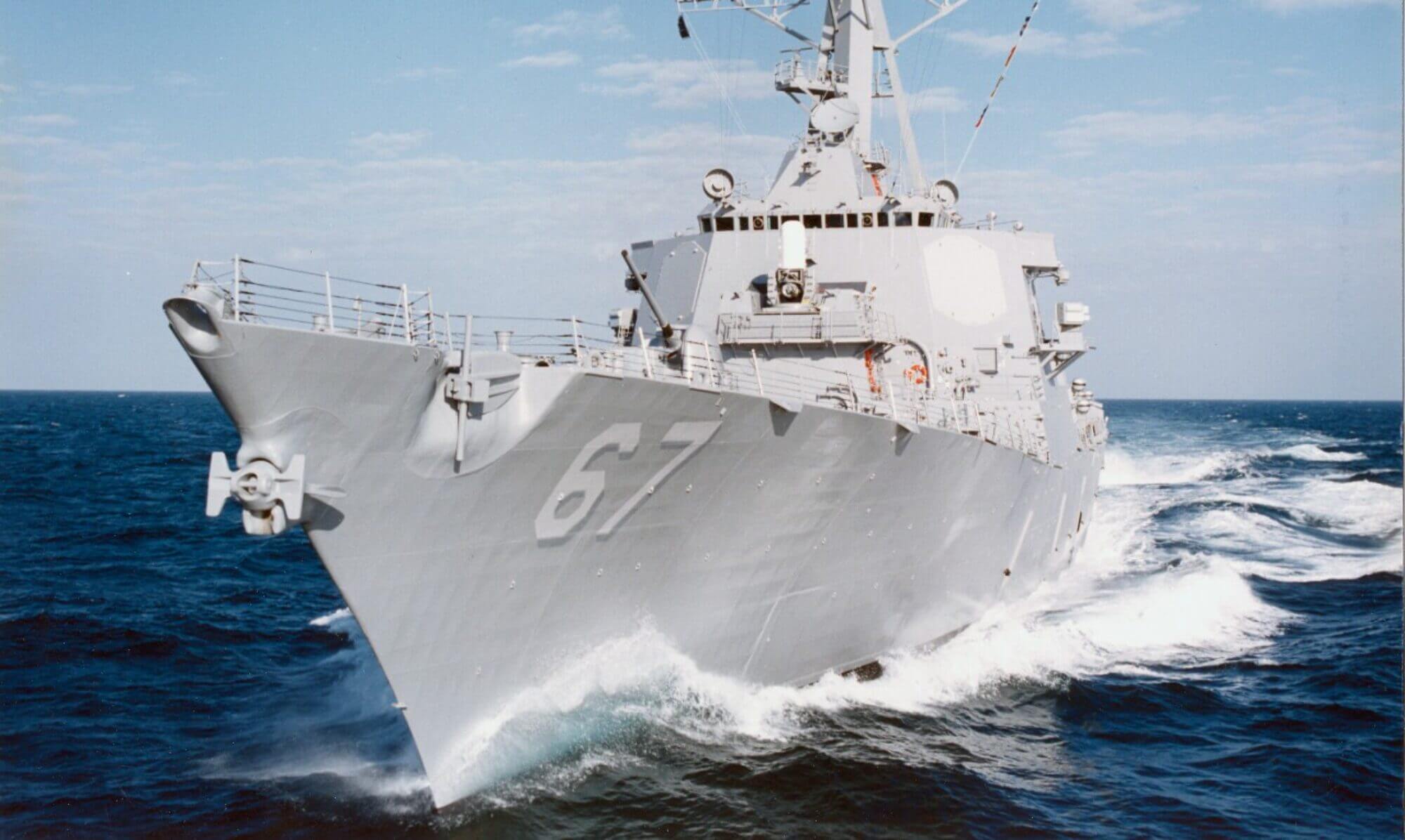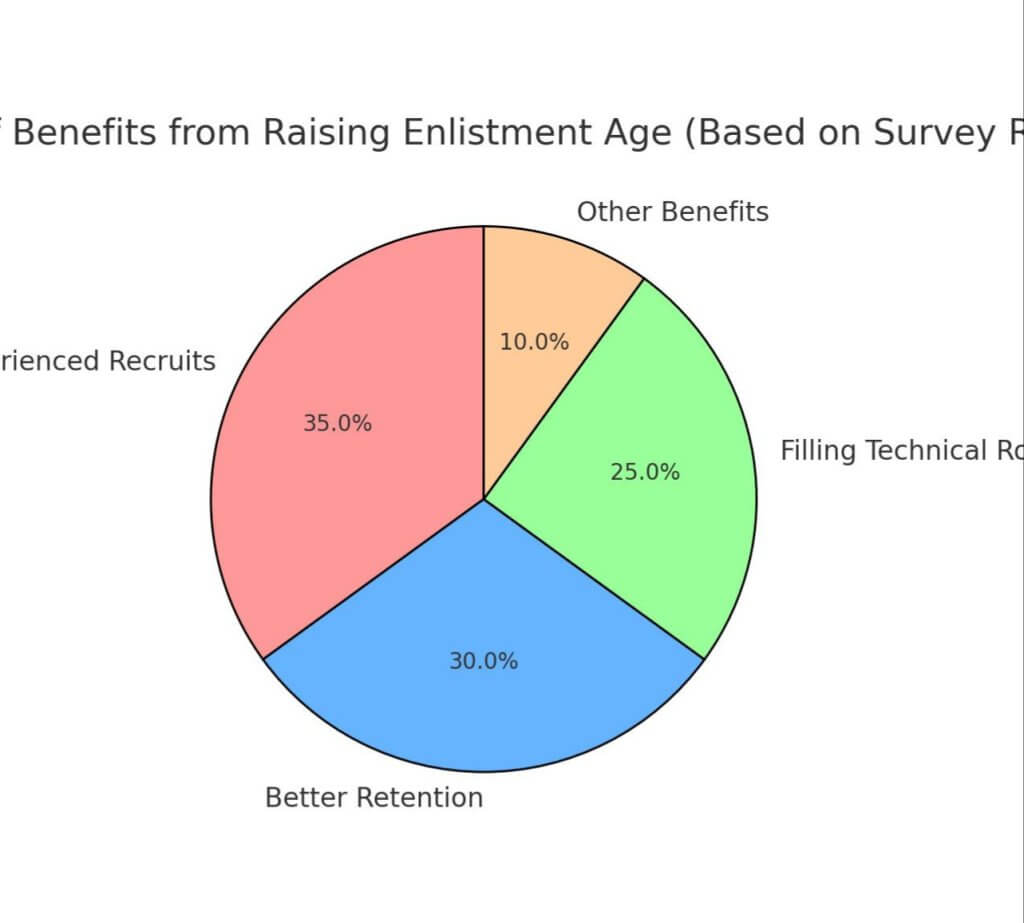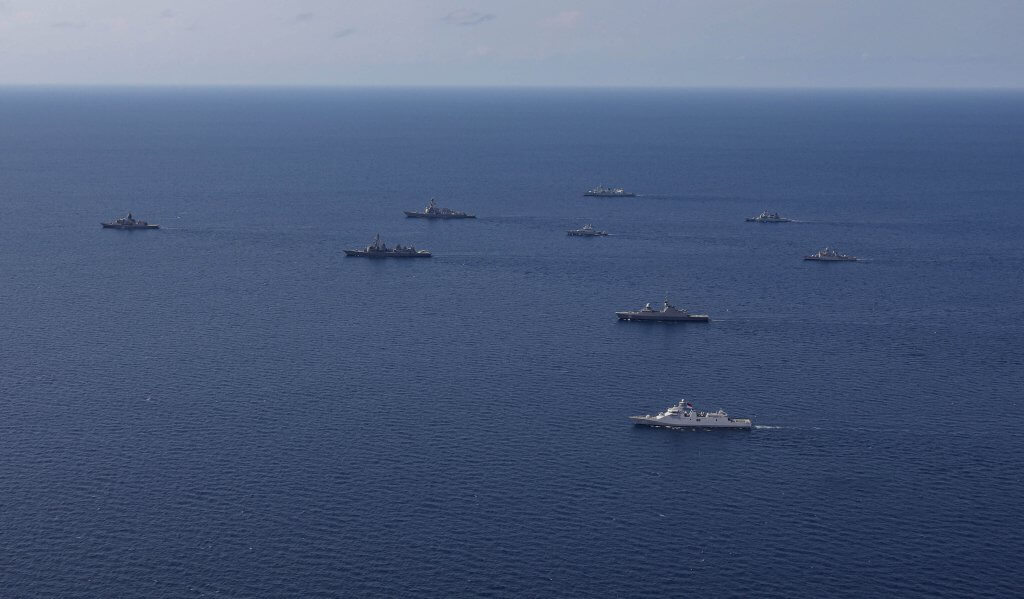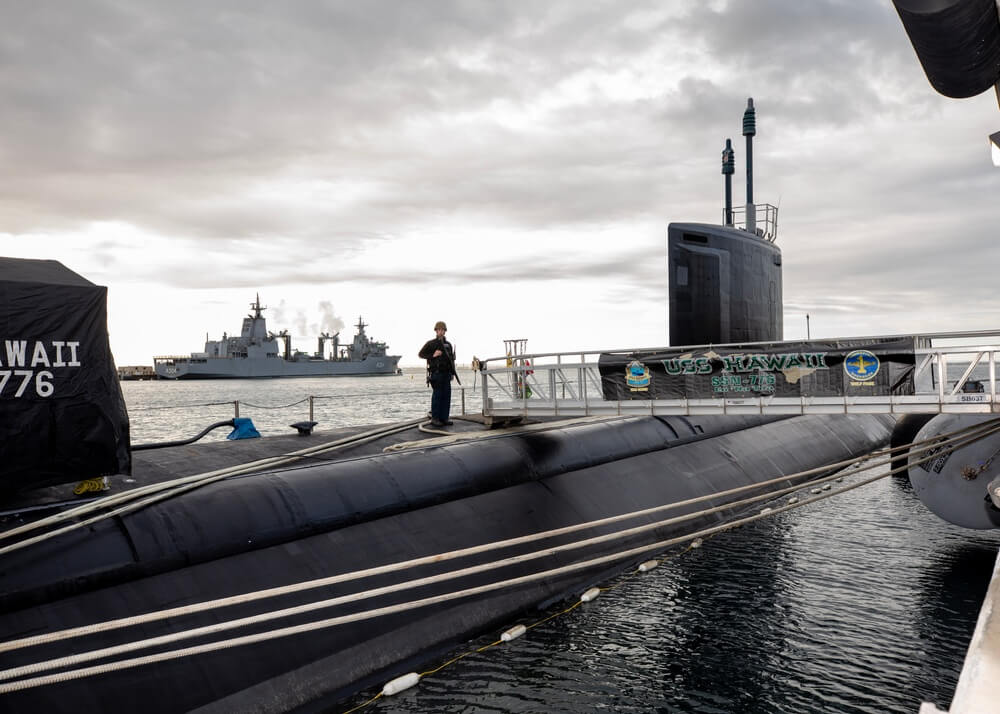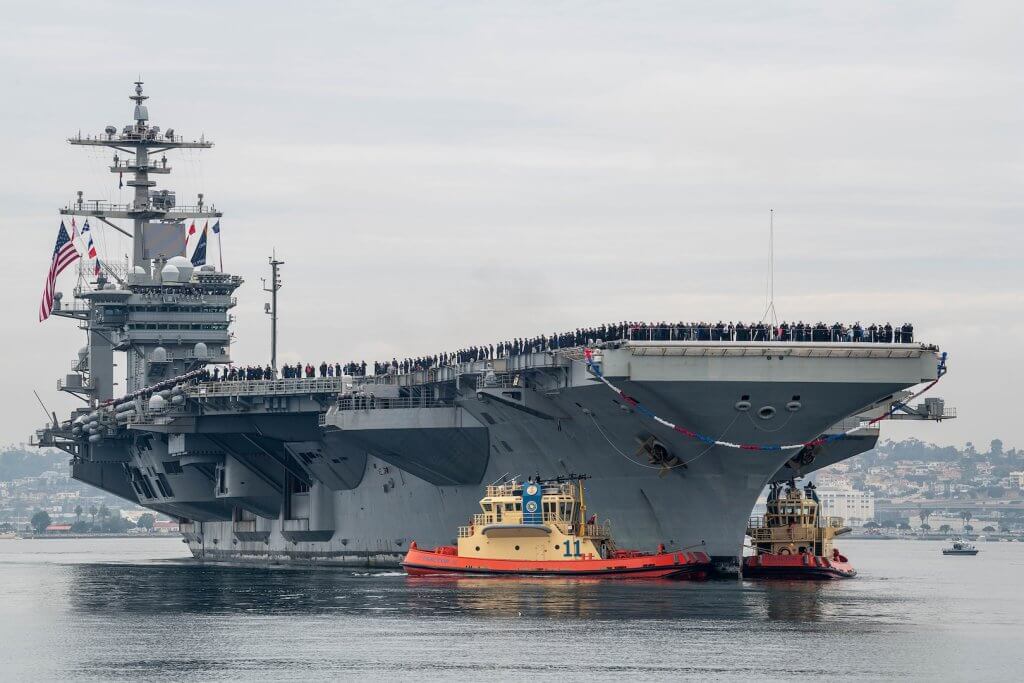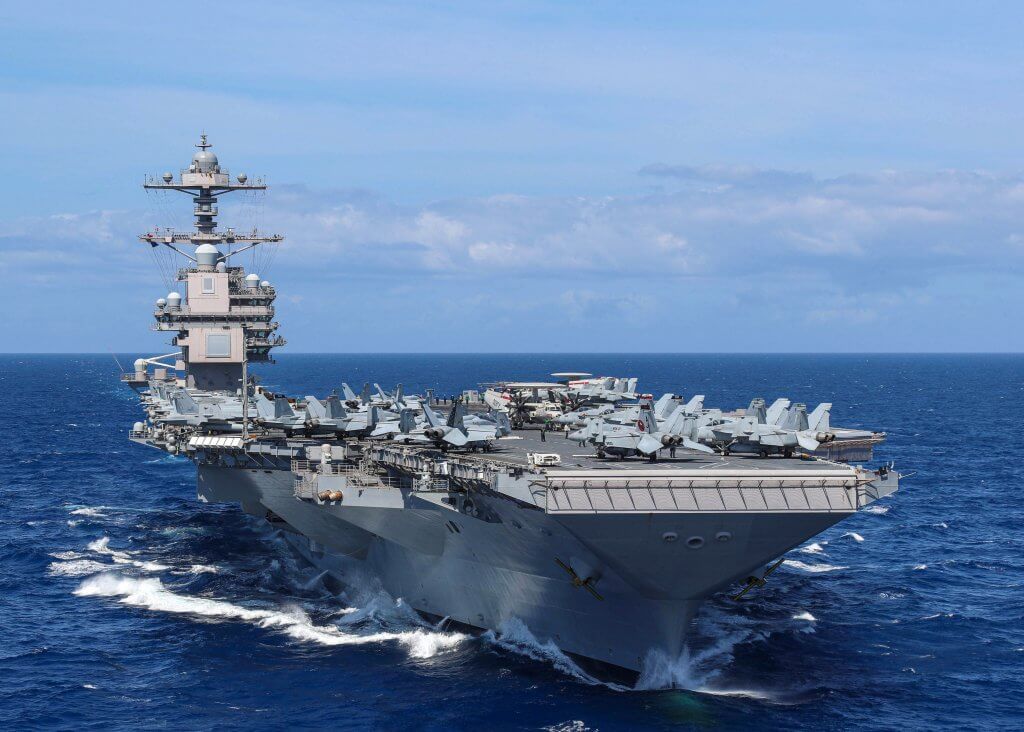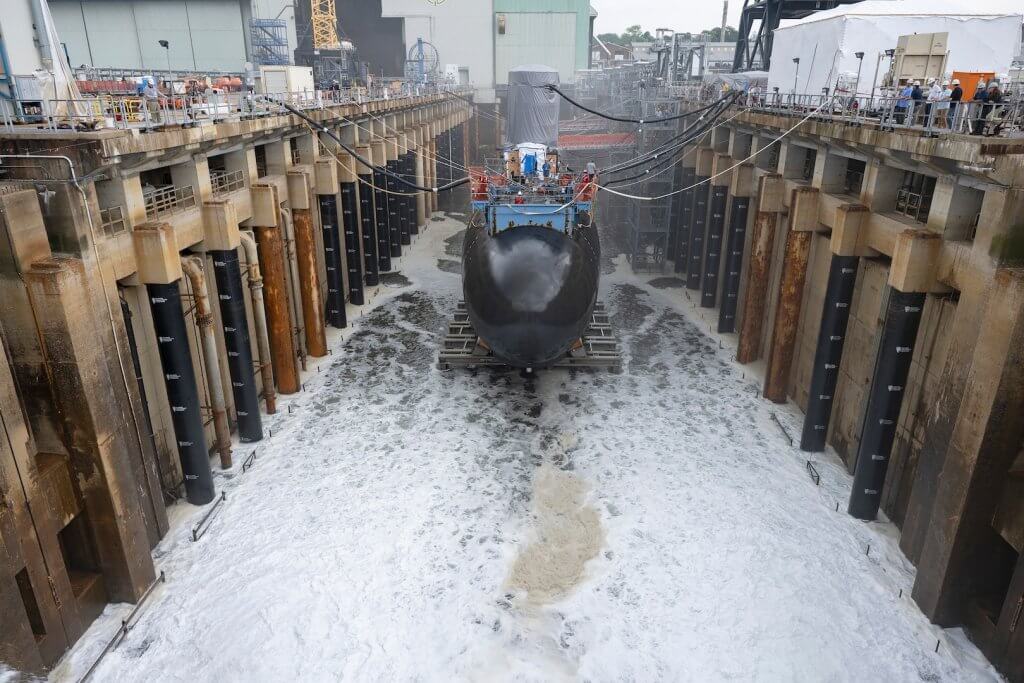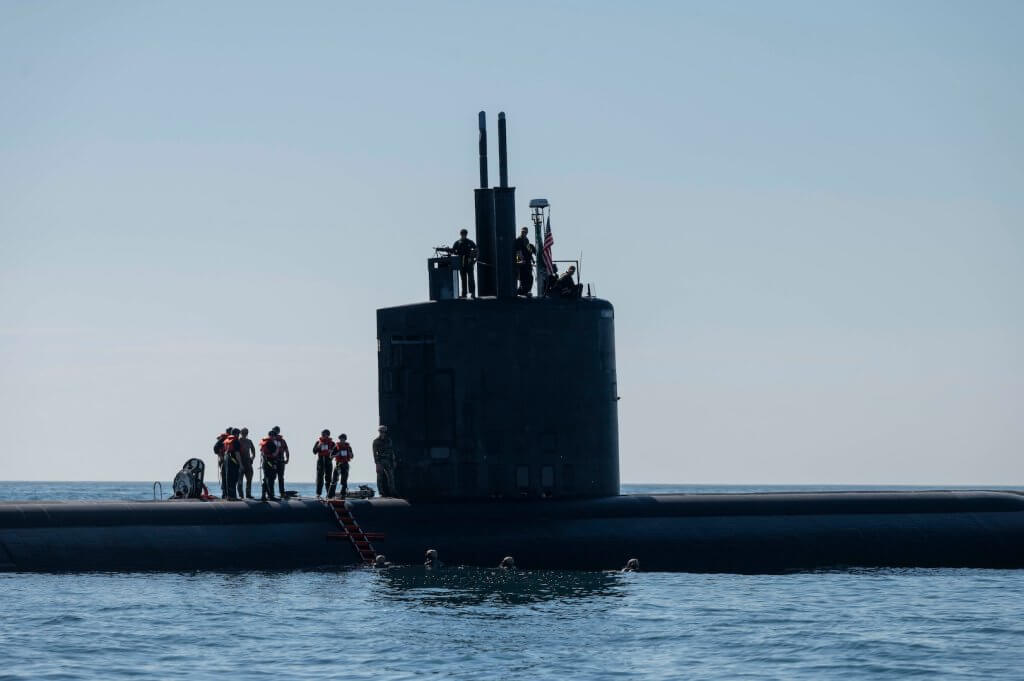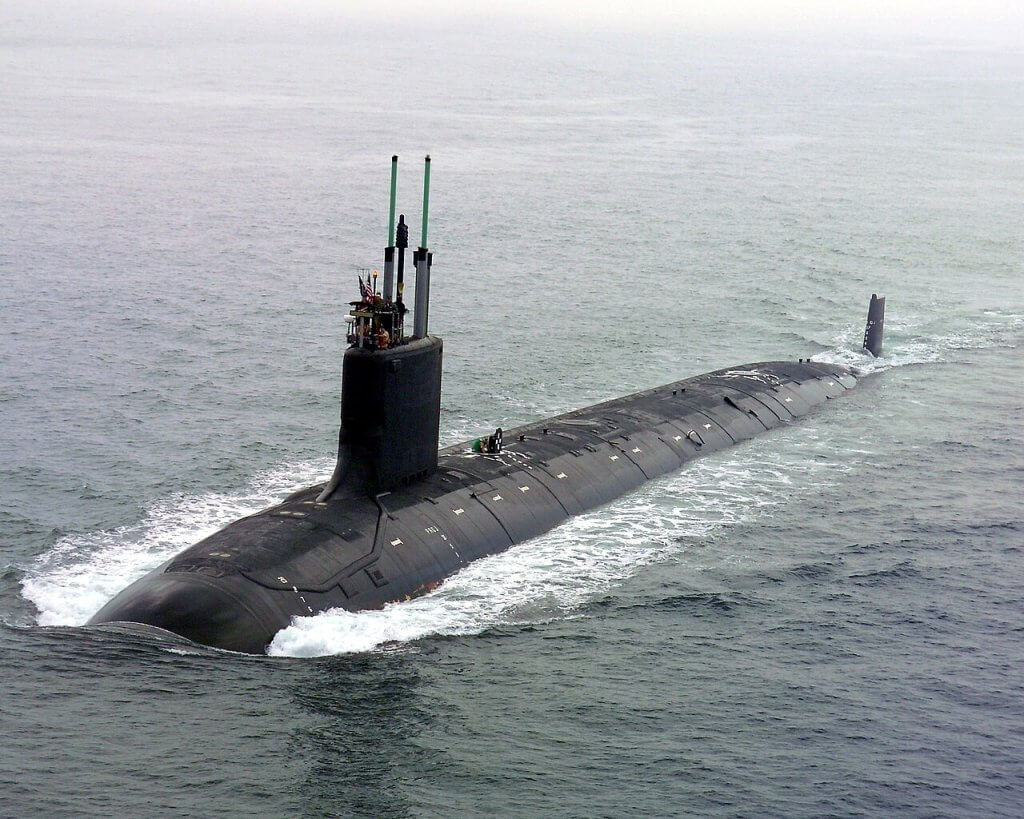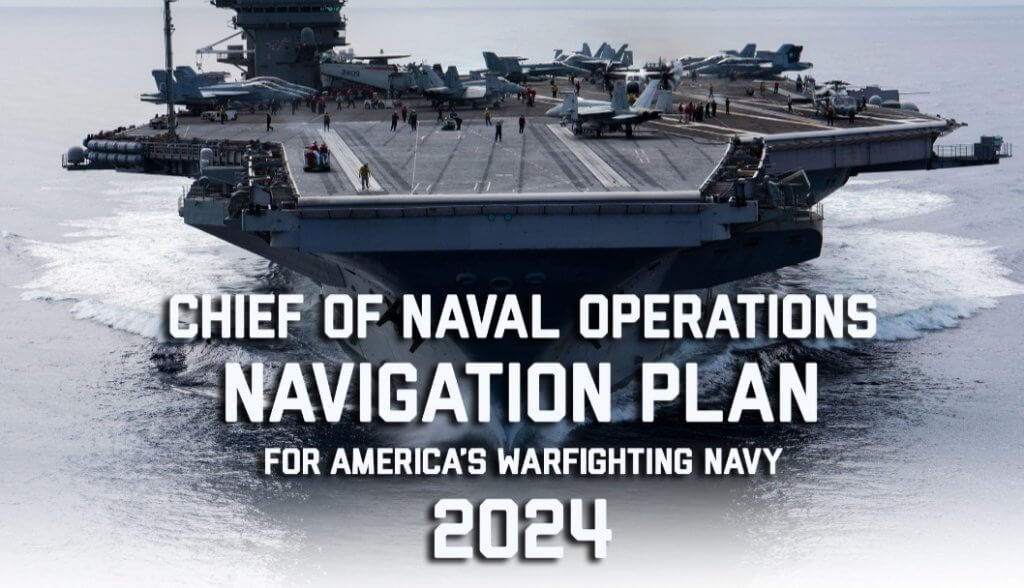

The U.S. Navy is at a critical juncture. Faced with increasing global threats and a rapidly modernizing Chinese military, the Navy’s leadership is taking bold steps to ensure it is ready for future challenges. Central to these efforts is Project 33, an ambitious initiative spearheaded by Chief of Naval Operations Adm. Lisa Franchetti. With a clear deadline of 2027, Project 33 aims to equip the Navy with cutting-edge robotic systems, ensure readiness through ship and submarine maintenance, and boost recruitment and retention, all while addressing budgetary constraints.
A Strategic Focus on China
The Chinese military, under President Xi Jinping, has been directed to be ready for conflict by 2027—potentially over Taiwan or other strategic interests in the Indo-Pacific. As the world’s second-largest Navy, China’s growing fleet and multi-domain capabilities present a significant challenge for the U.S. Navy. However, as Adm. Franchetti’s recently released Navigation Plan outlines, it’s not just about fleet size anymore.
Gone are the days when naval power was measured simply by the number of ships. Instead, the threat posed by China is more complex, spanning multiple domains, including cyber warfare, economic strategies, and the development of dual-use infrastructure like airfields and civilian vessels repurposed for military use. In response, the Navy is evolving to counter this diverse array of threats by incorporating advanced technologies, such as unmanned systems and artificial intelligence (AI), into its operations.
Project 33: Preparing for the Future
At the heart of Franchetti’s strategy is Project 33, a forward-looking plan that seeks to ensure the Navy is ready for any potential conflict by 2027. This initiative centers on several key goals:
- Scaling Robotic and Autonomous Systems: The Navy recognizes that it cannot quickly build enough traditional ships to match China’s growing fleet. Instead, it’s turning to robotic and autonomous platforms that can expand its warfighting capacity at a lower cost. These systems not only keep sailors out of harm’s way but also create a more agile and flexible force. By 2027, Franchetti plans to integrate these capabilities into all deploying Carrier and Expeditionary Strike Groups.
- Combat-Ready by 2027: Franchetti’s Navigation Plan calls for the Navy to be prepared for war, particularly focusing on countering China’s growing naval presence. Through Project 33, the Navy aims to have a hybrid fleet of both manned and unmanned systems fully operational in key mission areas, including surveillance, fires, logistics, and networking.
- Information Dominance: As modern warfare increasingly revolves around data, the Navy is prioritizing the ability to collect, analyze, and share critical information across fleets. With the development of new Maritime Operations Centers (MOCs) and integration into the broader U.S. military’s Joint All-Domain Command and Control (CJADC2) system, the Navy will be better positioned to make real-time, data-driven decisions that can turn the tide of battle.
Facing Financial Constraints
Adm. Franchetti has been clear about the financial challenges the Navy faces. While these modernization efforts are essential, the Navy’s ability to meet its goals depends on securing the necessary budget to maintain both its current operations and future development. Without this support, the Navy will face “deep strategic constraints,” limiting its ability to defend U.S. interests and protect allies in key regions like the Indo-Pacific.
But Franchetti’s Navigation Plan doesn’t shy away from these realities. Instead, it sets clear, achievable goals, such as reducing maintenance delays for ships, submarines, and aircraft, while advocating for the resources needed to build a future-ready Navy.
The Broader Threat Landscape
While much of the focus is on China, the Navigation Plan also acknowledges other growing threats. From a “wounded and isolated” but still dangerous Russia, to Iranian-backed forces like the Houthis, to ongoing instability in the Middle East, the Navy must be prepared to address multiple challenges across the globe. The threats extend below the surface, with recent attacks on undersea pipelines and cables highlighting the vulnerabilities of seabed infrastructure.
These threats underscore the importance of Project 33’s goals: a fleet that’s ready for war, equipped with the latest technologies, and capable of responding to diverse threats across multiple domains.
A Call to Action
As the Navy accelerates its efforts to meet the demands of a complex global landscape, Americans must rally behind the men and women who serve. Adm. Franchetti’s Navigation Plan is a clear-eyed assessment of the challenges we face and a roadmap for ensuring the Navy is ready to meet them head-on. But the Navy can’t do it alone. It requires not only adequate funding and resources but also the full support of the American public.
Through Project 33, the Navy is poised to lead in the fight for peace and security, leveraging cutting-edge technologies and operational innovations. As we look to the future, it’s essential that we, as a nation, understand the importance of these efforts and stand behind our Navy as it prepares for the challenges ahead.
Together, we can ensure that the U.S. Navy remains a powerful force for good, ready to respond to crises and defend freedom on the world’s oceans.
